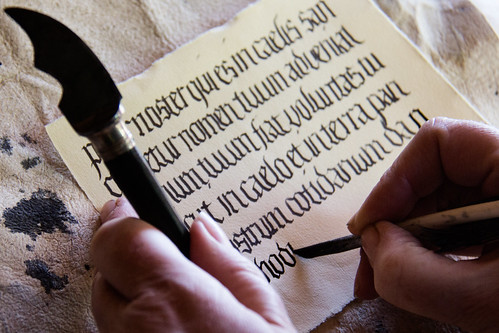Let me try to keep this story about advice I've received relatively short, yet informative. Though at first you may consider the advice valid only for participants in a particular event in Montana decades ago, in the end I hope you may find ways to generalize (adopt or adapt) it to your own circumstances. Here goes.
In high school, I competed in gymnastics. The coach of a cross-town rival team and I became friends after I had entered college, and beg[u]n judging local gymnastics meets.
In the off-season, the cross-town high school coach and I also became rivals in canoe races. In one race, actually a three-legged team-relay event, in which a grade school friend of mine had run, I'd cycled, and the two of us paddled together, my old friend and I finished fourth.
Though our running and cycling times weren't stellar, we'd been white-water canoeing together for years (since high school). So we passed a number of other teams on the river, including slow rafters, and were about to overtake another when the river narrowed.
As we passed just astern of a raft running the rapids ahead of us, an inner-tube it was towing on a tail line dragged under our canoe, and dumped us immediately. We lost time swimming the canoe to shore, emptying the water from it, and resuming the race.
At the end of the third leg of the race, my old friend and I finished fourth. My rival and his team had finished first or second. In the parking lot, at the end of the race, was where I got the advice.
My rival and his partner had loaded their low-cut racing canoe on his car rack. It was easy to distinguish from ours–a high-gunneled recreational model. The advice was on a bumper sticker on his car.
As the race committee began awarding prizes, it became clear that the third-place team hadn't waited around for awards. So my partner and I received the third prize. Though I don't remember what that prize was, I do remember the message on my rival's rear bumper.
It read, "Get tough, or die!"
Republished with permission of the author (pab)


